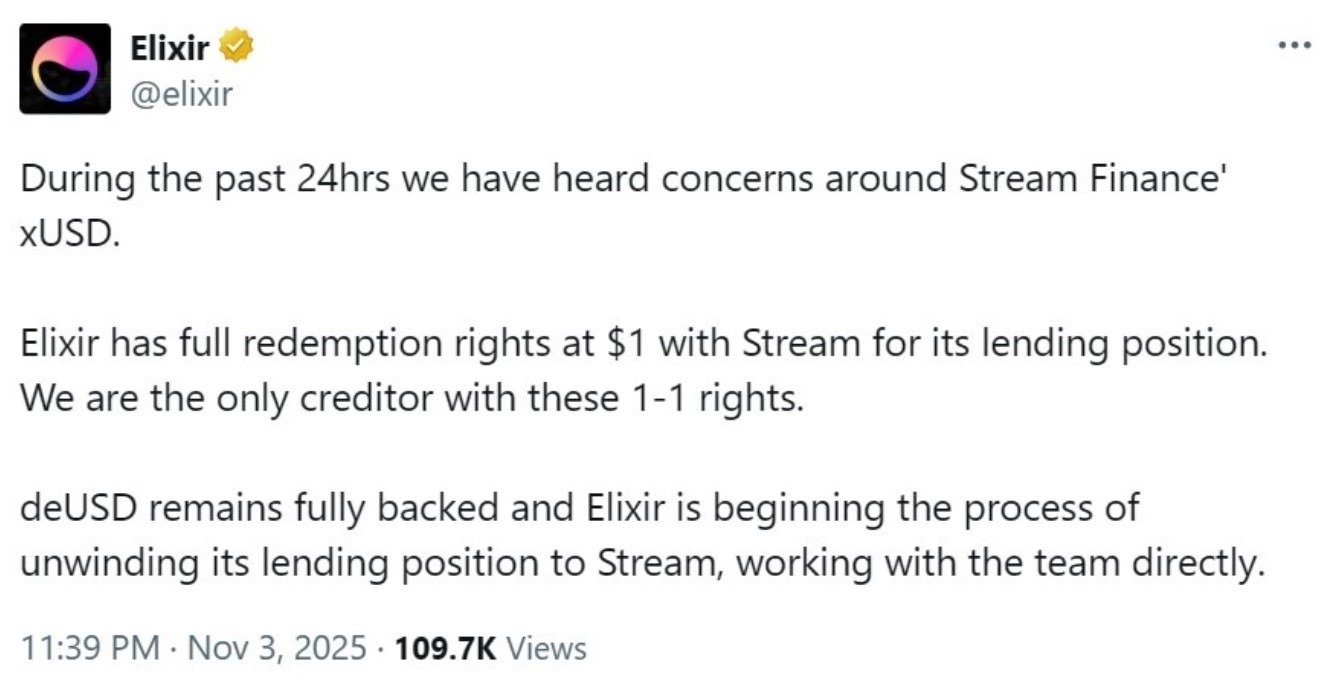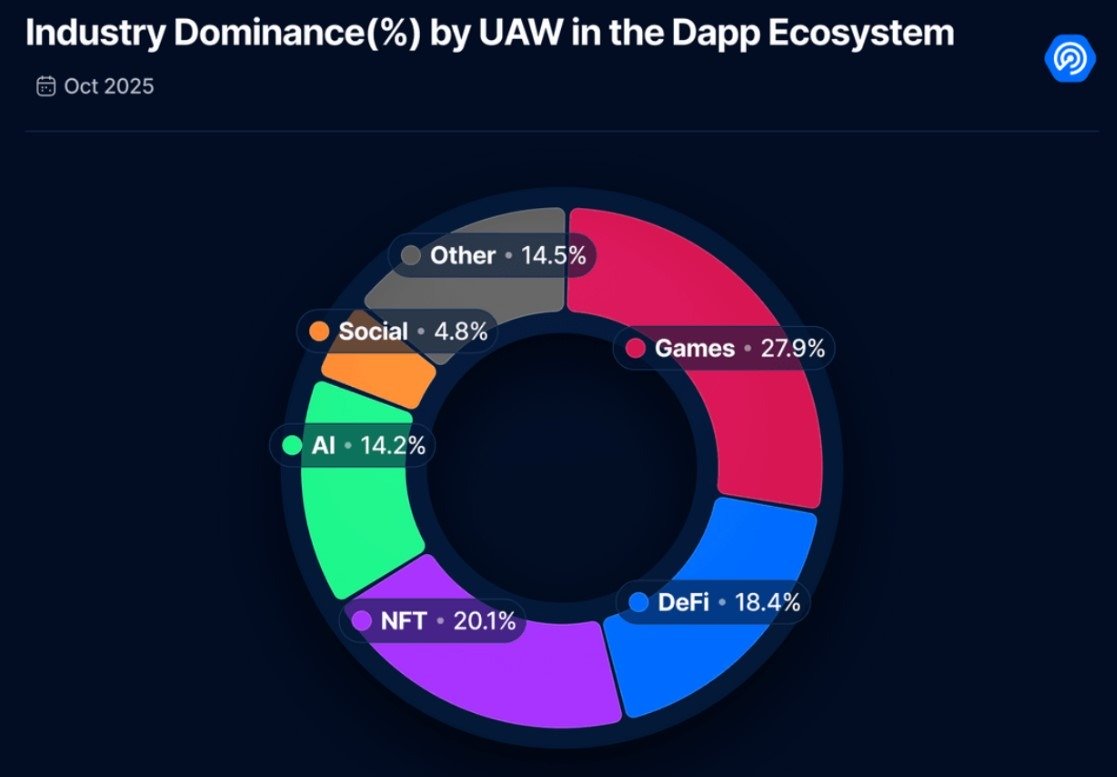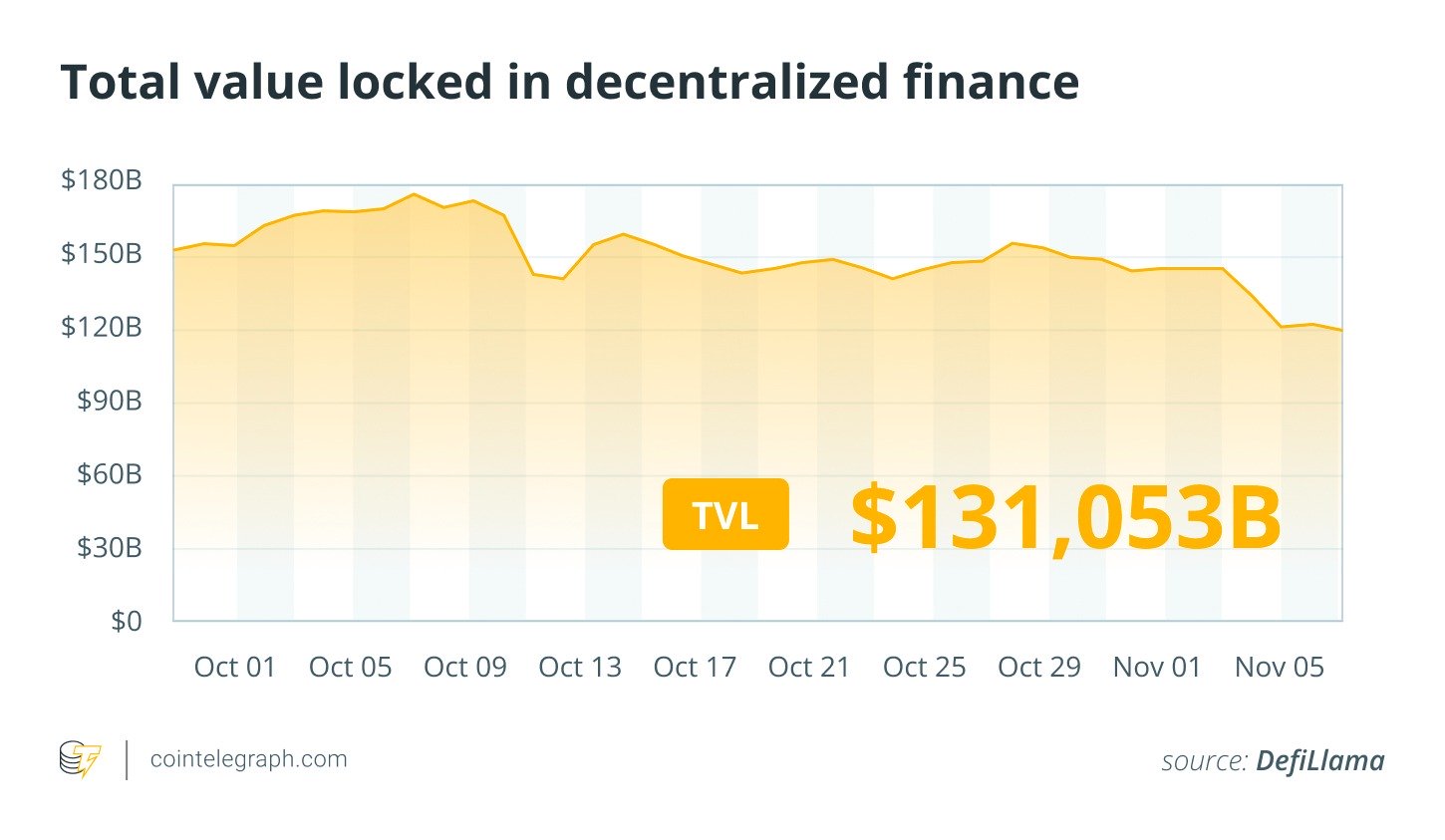DeFi Turns Toward Transparency Amid Market Turmoil





Balancer suffered one of the largest decentralized finance (DeFi) exploits on Monday, with more than $116 million in staked Ether and liquidity pool tokens drained from Balancer v2 contracts and several forks.
The decentralized exchange (DEX) and automated market maker (AMM) investigated what appeared to be faulty access control in its smart contracts, which allowed the attackers to withdraw funds directly from liquidity pools.
The exploit began with a $70 million loss, which ballooned to $116 million, primarily affecting liquid staking assets such as Lido’s wstETH and StakeWise’s osETH.
In a bid to recover losses, Balancer offered a 20% white hat bounty to the attackers. The team warned that it’s working with law enforcement and blockchain forensics to identify the culprit.
On Tuesday, Balancer came under scrutiny as community members pointed out the extensive audits it had undergone, only to still be hacked in the end. “Balancer went through 10+ audits,” said Suhail Kakar, a developer relations lead at the TAC blockchain.
The hack also showed signs of months-long planning by a skilled attacker. Conor Grogan, director at Coinbase, said the hacker appeared to be experienced and had funds potentially linked to previous exploits.
On Thursday, Balancer released a preliminary post-mortem report after the $116 million hack. The protocol said it was hit by a sophisticated code exploit that targeted its v2 Stable Pools and Composable Stable v5 pools.
Continue reading
DeFi sleuths trace $284 million in loans and stablecoin risk linked to Stream Finance
In another blow to the DeFi market, decentralized protocol Stream Finance disclosed a $93 million loss tied to an external fund manager on Tuesday. The event triggered stablecoin depeggings and liquidity freezes across the ecosystem due to associated assets.
DeFi analysts said the protocol’s collapse had a ripple effect throughout DeFi, with millions in exposure to the protocol’s synthetic assets. According to researchers from Yields and More, there are over $284 million in loans and stablecoins linked to Stream Finance’s xUSD, xBTC and xETH.
Dozens of interconnected lending markets, including Euler, Solo, Morpho and Gearbox, were found to have exposure via stablecoin loops and vaults, creating contagion risks across the DeFi yields ecosystem.
Funds like TelosC and Elixir appeared to be among the protocols most affected, with Elixir’s $68 million exposure accounting for about 65% of its stablecoin reserves.
On Friday, Elixir pulled its support for its synthetic stablecoin deUSD. The protocol said it had successfully processed redemption for 80% of all deUSD holders, which led the token to lose its dollar peg.
Continue reading
RedStone unveils DeFi risk ratings
Modular oracle network RedStone launched Credora, a DeFi-native risk ratings platform that integrates real-time credit and collateral analytics into protocols including Morpho and Spark.
RedStone aims to provide dynamic risk scoring and default probability data through APIs. This marks a shift toward data-driven transparency after recent market volatility erased $20 billion in positions in October.
The move aligns with broader industry movement toward a lower-risk DeFi ecosystem, where oracles, auditors and analytics firms converge to assess the sustainability of yield and collateral systems.
Apart from RedStone, Chainlink, S&P Global Ratings, and Hacken have also signaled that DeFi’s next wave hinges on verifiable creditworthiness rather than speculative yield.
Continue reading
DeFi players launch alliance to champion Ethereum to policymakers
A coalition of leading DeFi protocols formed the Ethereum Protocol Advocacy Alliance (EPAA) to strengthen Ethereum’s policy representation in Washington. The alliance includes Aave, Uniswap, Lido, Curve, Spark, Aragon and The Graph.
The protocols aim to balance the “outsized influence” of centralized crypto companies in shaping US regulation. The coalition plans to directly engage with policymakers on the technical realities of decentralized infrastructure.
The EPAA, which is also backed by the Ethereum Foundation, plans to produce educational materials, contribute technical expertise and coordinate messaging on issues affecting non-custodial systems and DeFi governance.
The alliance seeks to ensure that onchain protocols and not just centralized projects have a voice in defining crypto’s regulatory future.
Continue reading
Web3 gaming, DeFi lead sector activity in October
DeFi remained one of the most active crypto sectors in October, despite an overall drop in Web3 engagement. According to a DappRadar report, DeFi accounted for 18.4% of decentralized application (DApp) activity.
The data showed that DeFi TVL fell 6.3% to $221 billion and another 12% in early November to $193 million. DappRadar attributed this to the $20 billion liquidation event in October and the subsequent collapse of Stream Finance.
Despite this, DappRadar reported that protocols like Raydium, Pump.fun and Jupiter Exchange continued to see strong usage.
Continue reading
DeFi market overview
According to data from Cointelegraph Markets Pro and TradingView, most of the 100 largest cryptocurrencies by market capitalization ended the week in the red.
The Stables Labs USDX (USDX) token fell by over 69% throughout the week, marking the biggest drop in the last seven days. This was followed by a token called Paparazzi Token (PAPARAZZI), which dropped 54% last week.
Thanks for reading our summary of this week’s most impactful DeFi developments. Join us next Friday for more stories, insights and education regarding this dynamically advancing space.




